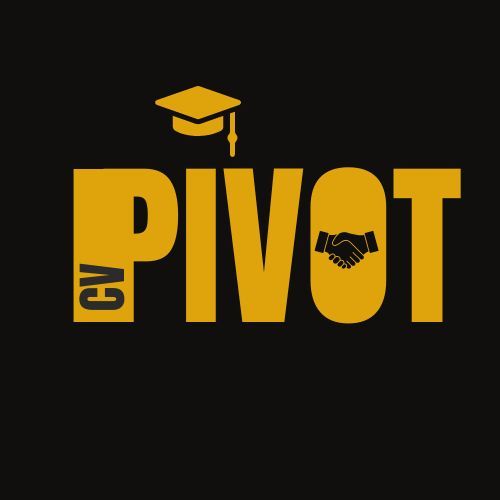How to Land a Job Faster: 7 Strategies You Need to Try

Job searching can be exhausting, especially when you’re sending out countless applications and getting little response. If you’re feeling stuck, don’t worry—you’re not alone. The good news? There are proven strategies that can help you speed up the process and land a job faster. Here are seven powerful techniques you should be using.
1. Stop Applying to Every Job—Be More Strategic
It’s tempting to fire off as many applications as possible, but that often leads to frustration and rejection. Instead, focus on:
✅ Jobs that match your skills and experience
✅ Companies where you genuinely want to work
✅ Roles where you meet at least 70% of the requirements
This targeted approach will lead to higher response rates and better interview opportunities.
2. Optimise Your CV and Cover Letter for Each Application
A generic CV won’t get you far. Hiring managers look for CVs that align with the job description. Here’s how to tailor yours effectively:
- Use keywords from the job advert to get past Applicant Tracking Systems (ATS).
- Highlight achievements with numbers and impact (e.g., "Increased sales by 30% in six months").
- Use STAR methodology to write your achievements.
- Keep it concise—ideally two pages for most roles.
Your cover letter should also be personalised, showing why you’re a great fit for that specific role.
3. Leverage LinkedIn to Attract Recruiters
Did you know 70% of jobs are never advertised? Recruiters actively search LinkedIn for candidates, so make sure your profile is job-search ready:
- Headline: Dont use just a job title be sure to include your key skills /areas of exertise.
- About Section: Write a compelling summary that highlights your expertise and career goals. Remember this is a little more personable than the corporate style of your CV.
- Skills & Endorsements: Add relevant skills and get endorsements to boost credibility.
- Open to Work: Use LinkedIn’s “Open to Work” feature (visible to recruiters) to get noticed.
Engage by commenting on industry posts, sharing insights, and networking with recruiters to increase visibility.
4. Network Smartly (Even If You Hate Networking)
Most jobs come from referrals, so start networking effectively:
- Reconnect with former colleagues, managers, and university connections.
- Engage in industry groups on LinkedIn or Facebook.
- Send targeted messages: Instead of "Can you help me find a job?" try: “Hi [Name], I admire your career in [industry]. I’d love to learn about your experience at [Company]. Would you be open to a quick chat?”
This approach builds genuine connections, which can lead to job referrals.
5. Apply Directly to Hiring Managers
Instead of relying solely on job boards, take a proactive approach:
- Find hiring managers on LinkedIn and send a short, professional message.
- Email them directly if their contact info is listed.
- Express interest in the role and how your skills align with their needs.
A well-crafted message can put you ahead of other candidates before the role is even advertised.
6. Improve Your Interview Performance
If you’re getting interviews but not offers, it’s time to refine your technique:
- Practice common interview questions (e.g., "Tell me about yourself," "Why do you want to work here?").
- Use the STAR method for structured answers (Situation, Task, Action, Result).
- Prepare insightful questions for the interviewer—this shows genuine interest.
Confidence comes from practice, so consider mock interviews or recording yourself answering questions.
7. Stay Consistent and Resilient
Job searching can be mentally draining, but staying consistent is key:
- Set a daily job search schedule (e.g., 1 hour for applications, 30 minutes for networking).
- Keep track of applications and follow-ups.
- Celebrate small wins—getting a recruiter response or an interview means you’re making progress.
💡 Remember: Job searching is a numbers game. The more strategic and consistent you are, the sooner you’ll land your next role.
Final Thoughts
If your job search is taking longer than expected, don’t lose hope! By focusing on quality over quantity, optimising your LinkedIn presence, networking effectively, and refining your interview skills, you can speed up the process and land your ideal job faster.










